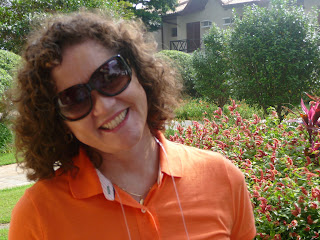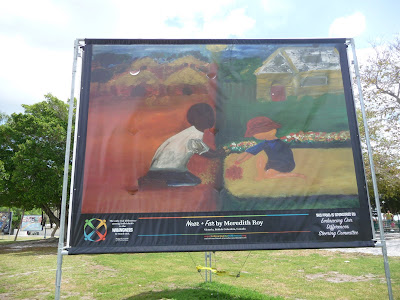Lieber Hans
Among the great and near great Hans waits the Judgment Day
Among iron grill and family vault, among marble crypt and
bronze monument
His sandstone slab stands six straight
Carved garlands, Christian crosses, proud names, proud deeds
are not for Hans
His inscription, brief to the point of tears, reads “Hier
ruht in Frieden mein lieber Hans”
„Here rests in peace my dear Hans. Unforgotten.” And the
Dates the fates allowed.
Hans who? Hans Helmut Eisenstein? Hans Schmidt? Hans Franz Schultz?
Or Hans short for Johannes Wilhelm Otto Seydlitz zu Seydlitz?
Hans loving father, good son, brave comrade, ever loving spouse?
Hans “gefallen”—at Stalingrad, in the Libyan desert?
Pastor Hans, the good shepherd, Bishop Hans who rests in God,
John Eleven, twenty-five comforting?
For Lieber Hans not even plain “auf wieder sehn.”
And Hans what? Hans butcher, baker, candlestick maker?
Herr Doktor Direktor Hans, chairman of the board?
Herr Doktor Professor Hans, doctor of laws, of lit, of phil?
Captain Hans of the Eleventh Hussars? Lieutenant Hans of
The Luftwaffe
Hans, my dear, dear Hans rests here in peace, his thirty-seven
years totaled and cancelled out,
His task fulfilled, his duty done, from inner turmoil now
Released
Hans whose tank rolled over Europe’s plains, whose plane flew
low over Britain,
Whose regiment marched through the Arc de Triomphe until defeat
Marched him to prision camp
East and West to freeze to death or starve or die on hospital
Bed or the broken at last.
The moving finger writes and having writ
Not all your piety or wit can add, subtract or decipher
more of it
The white hand that opened the purse that paid the stonecutter
To make of stone a moan has made a monument to a woman’s love
“My Hans lies here who was mine alone
Who was all the world to me”
Mildred Raynolds Trivers
The Creator and her Creature
The sample words carried into the grave: “Here rests in peace my dear Hans. Unforgotten.”
This sentence had changed forever what Hans represented.
“No carved garlands, Christian crosses, proud names, proud deeds are not for Hans”.
An American woman, a smart and sensible poet visiting a German cemetery, realized there was a different grave from the others. It inspired her to write this beautiful poem.
The poet met Hans. Two completely different lives had met each other in a curious circumstance: She, respectable, Mildred Raynolds Trivers and he…Who is he? At the time of the meeting, just Hans. She never met him, but she brought him back to the life again, immortalizing Hans through her poem.
So far from that fact, decades later, Dear Hans and Mildred are remembered together: the creature and the creator. It is possible because of the power of the words!
Ivete




































